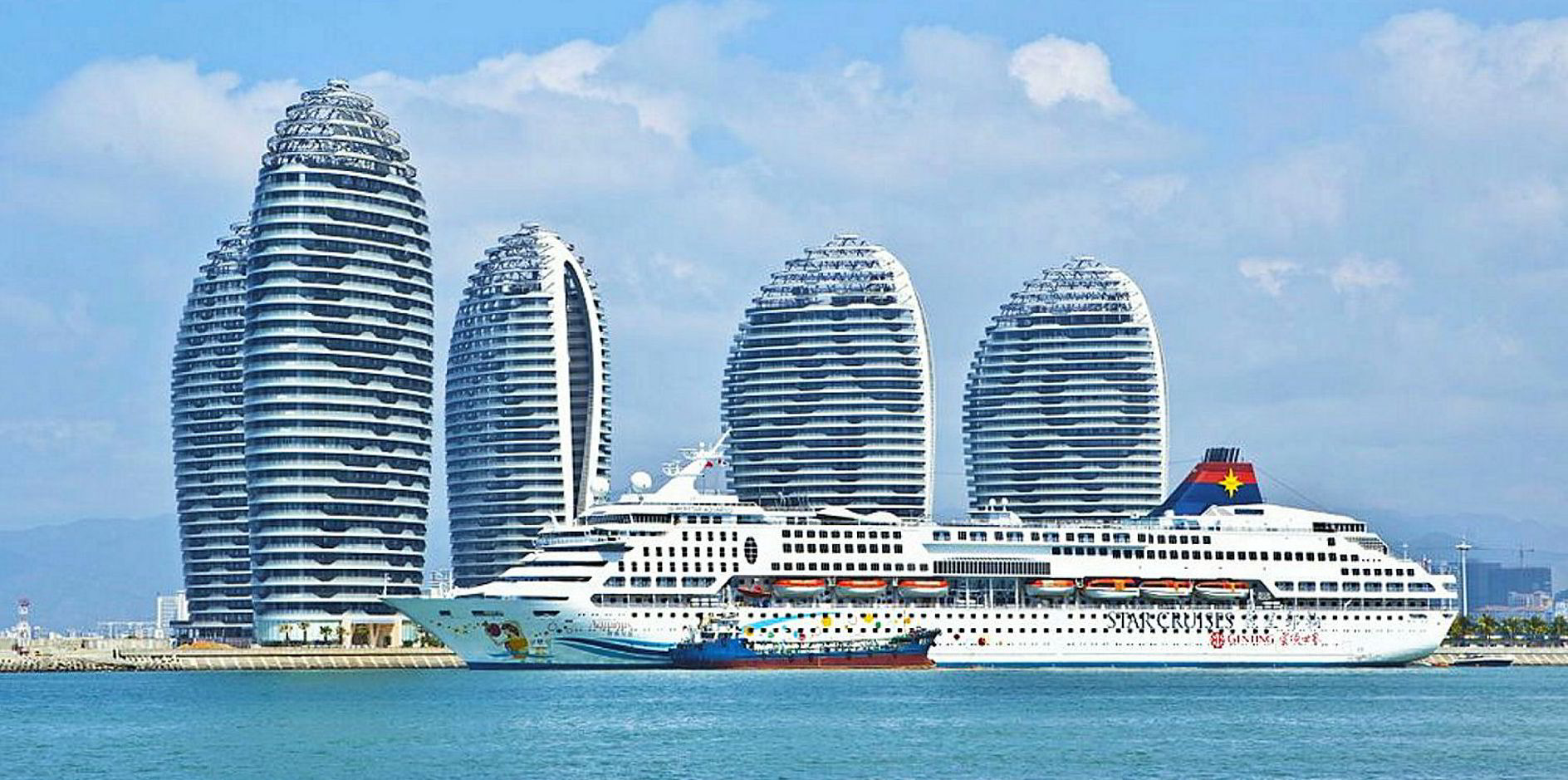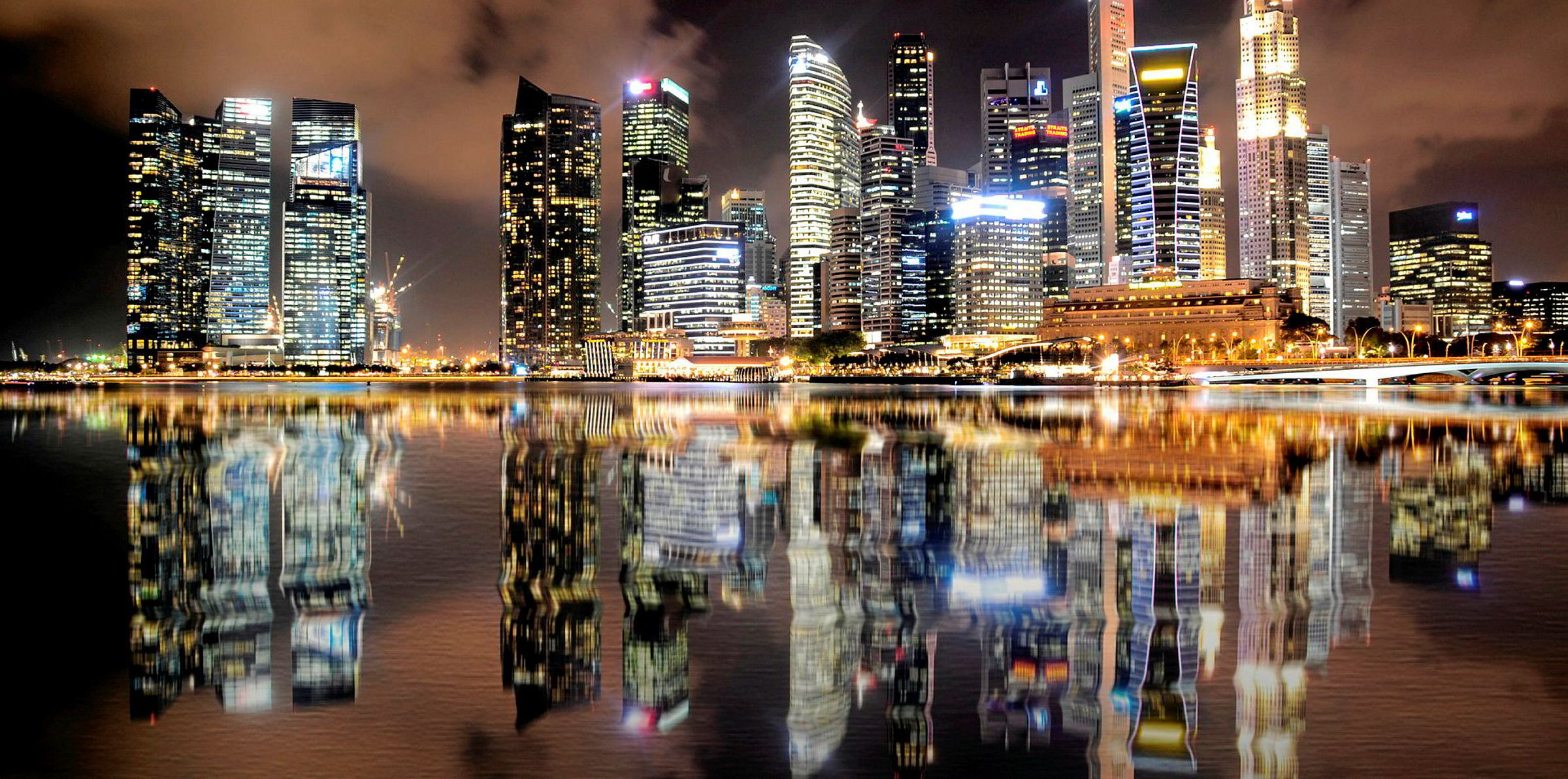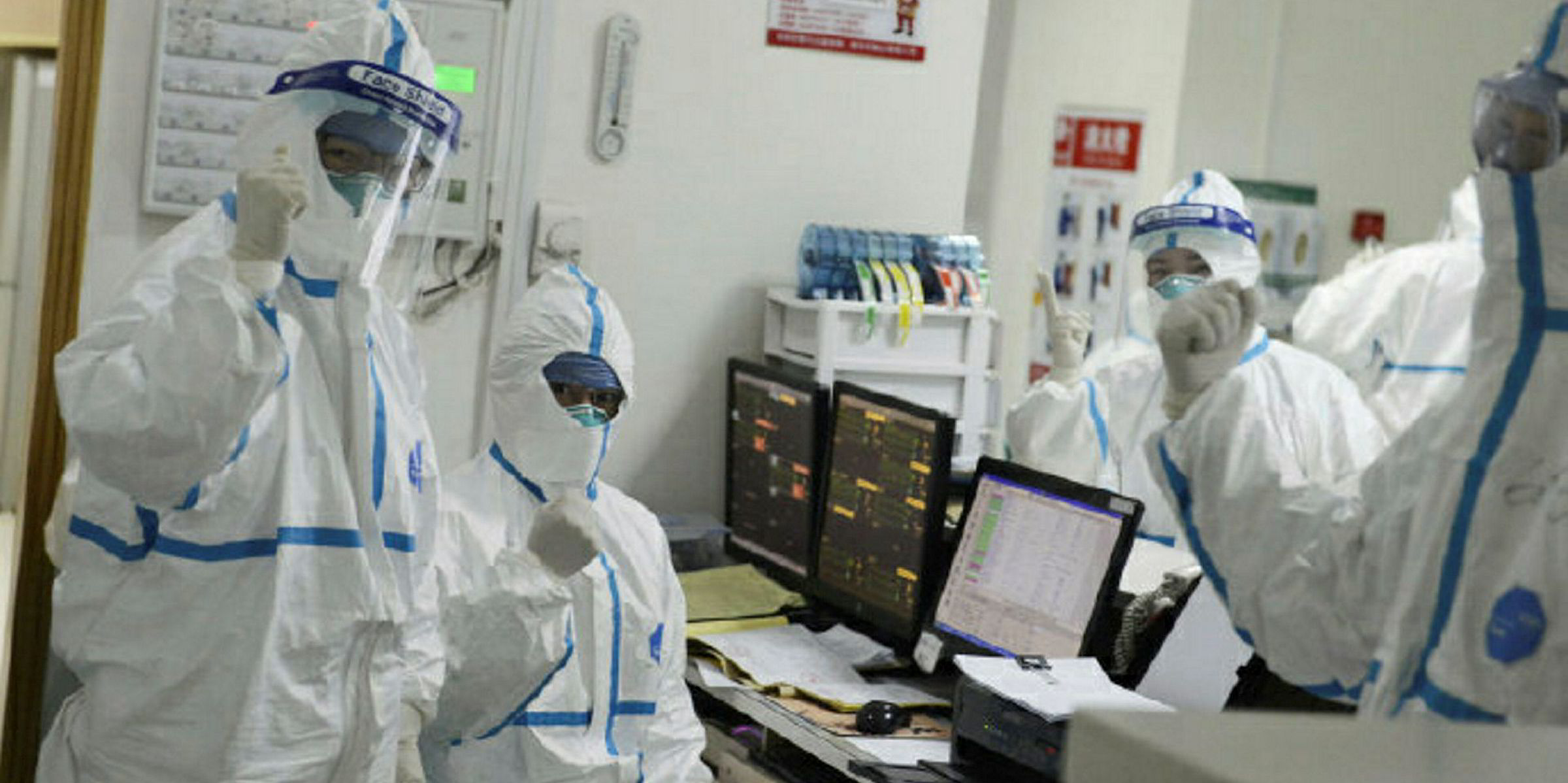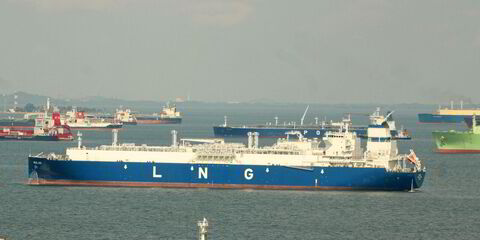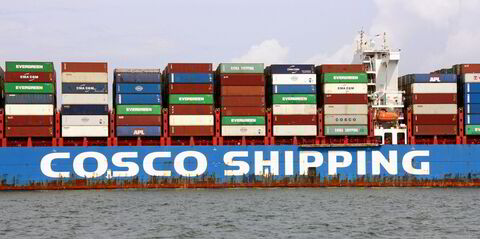Royal Caribbean International, Costa Crociere, MSC Cruises and Genting Cruise Lines have all announced temporary suspensions of their China-based cruise programs.
The suspensions have come in response to the Chinese government’s instructions that mass travel be curtailed in an effort to combat the spread of the deadly Wuhan coronavirus.
So far the cruise lines have cancelled cruises scheduled for late January and early February, and are adopting a wait-and-see approach cruises scheduled for beyond those dates.
Costa Crociere, a Carnival Corp subsidiary, is the most badly affected as it has four ships currently operating out of China. Royal Caribbean International, which is the flagship brand of Royal Caribbean Cruises, and Mediterranean Shipping Co-controlled MSC Cruises each have one ship. Genting’s Dream Cruise Lines also has one ship that has dropped calls in Guangzhou but will continue operating out of Hong Kong.
It is unclear whether Chinese cruise operators including the Cosco-backed Astro Ocean Cruises and Bohai Cruise Co, each of which operates one ship, plan to cancel future sailings.
Neither company could be reached for comment due to the Chinese New Year holidays, although their ships' automatic identification system (AIS) broadcasts on Sunday indicated that they were still operating.
TradeWinds was told that China’s third domestic cruise operator, Diamond Cruise International, suspended cruise operations last July, when it laid up its 24,800-gt cruiseship Glory Sea (built 2001).
Cruise industry sources said the cruise lines had no choice to suspend sailings as the Chinese government has instructed travel agencies to stop selling group tours.
Travel agency group tours account for almost all the tickets sales of ships operating in the Chinese market.
Coronavirus linked to wildlife consumption
Chinese authorities announced over the weekend that the number of infected Wuhan coronavirus cases had soared to nearly 1,975, with the death toll rising to 56.
Australia, Singapore, Hong Kong, Thailand, Macau, France, Japan, Vietnam, South Korea and the US have each reported a small number of cases.

There are many ways you can engage with TradeWinds on social media.
· Click here to follow us on Twitter
· Like us on Facebook to get our updates by clicking here
A coronavirus is a virus that infects animals but can mutate easily and jump from animals to humans. In most cases the virus remains dormant in the host animal but becomes active once that animal has been consumed by humans.
The Wuhan coronavirus has been traced back to a seafood and wildlife market in Wuhan. The market was subsequently closed down, and on Sunday Chinese authorities announced a ban on the edible wildlife trade, which ranges from snakes, bears, wild cats, and peacocks, to crocodiles and other species.
The 2003 severe acute respiratory syndrome (SARS) outbreak, which infected more than 8,000 people worldwide and killed nearly 800, was also a coronavirus that originated in China through the human consumption of infected bats and civet cats.
That outbreak resulted in a near shut-down of the Asian cruise sector as ships fled to other cruise areas after passenger volumes plummeted. The Asian tourism sector was decimated for many months as a result.
Whether the Wuhan virus will prove as devastating as the SARS outbreak remains to be seen as there are still many unknowns surrounding it, such as how dangerous it is and how easily it spreads between people.
China is taking extreme measures to prevent the spread including reducing domestic and international travel, as well as placing cities with high infection rates under lockdown.
The immediate effect on the cruise industry could have been far worse had the outbreak occurred during the Chinese summer period, when the number of cruiseships operating out of China more than doubles.
The bulk of these ships are currently operating on winter deployments in Southeast Asia, Australia and the South Pacific.
